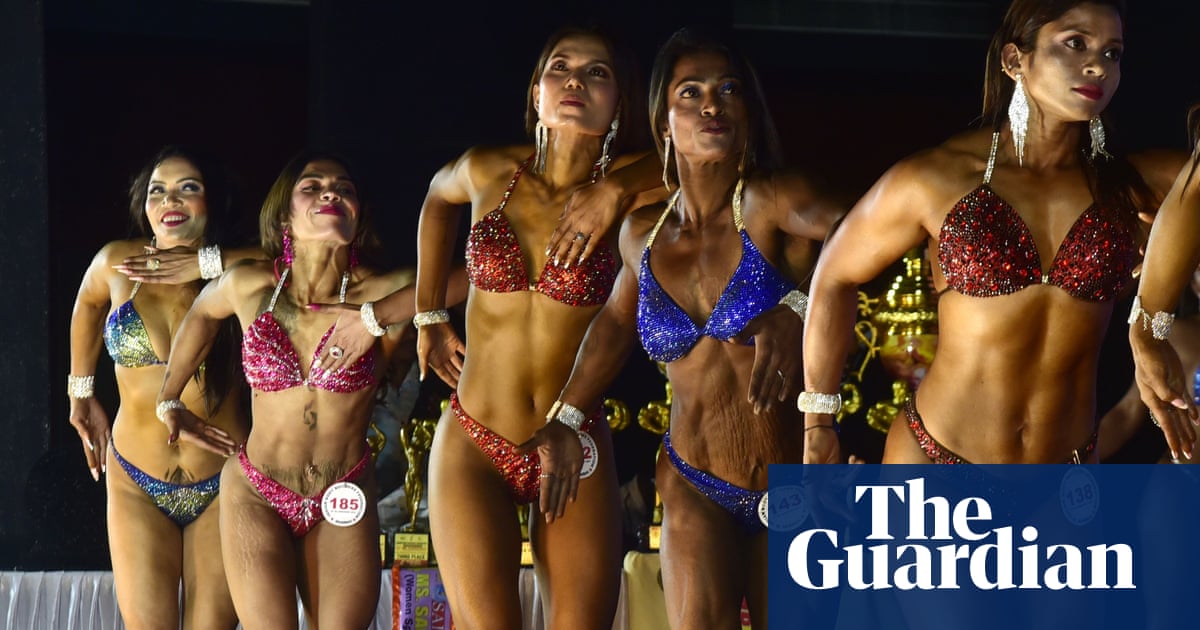
"The term 'too muscular' often questions a woman's identity, implying she doesn't fit societal norms of femininity, beauty, and can even lead to accusations of cheating."
"Misty Copeland and Serena Williams highlight that being labeled 'too muscular' intertwines issues of race and gender, often suggesting a body that is seen as 'wrong' in white-dominated spaces."
"The growing controversy over transgender women's participation in sports is deeply rooted in perceptions of muscle, reflecting larger societal discussions on femininity and fairness."
"New non-binary divisions in athletic competitions, like major marathons, aim to address the complexities surrounding gender identity and participation based on muscle and physicality."
The phrase 'too muscular' encompasses complex societal perceptions of femininity, particularly regarding women athletes. It raises questions about a woman's identity, suggesting that if her muscles exceed societal norms, she may not embody traditional femininity. Influenced by race and power dynamics, athletes like Misty Copeland and Serena Williams have voiced that such labels often also reflect wider issues of belonging. Moreover, the controversies surrounding transgender women in sports illustrate the changing landscape of gender in athletics, with new non-binary divisions emerging as a response to these complexities.
Read at www.theguardian.com
Unable to calculate read time
Collection
[
|
...
]